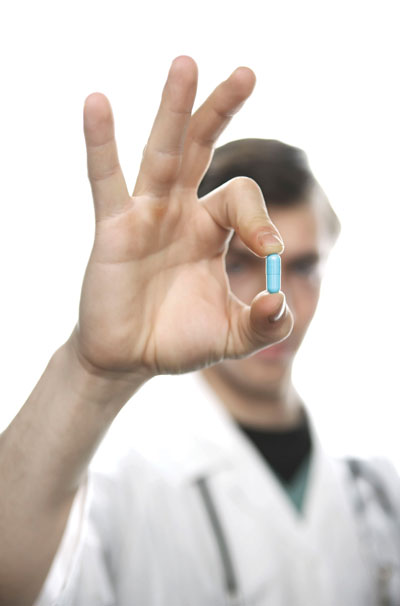Pitt Researchers Get $2.7 Million For Radiation Drug

Researchers at the University of Pittsburgh School of Medicine have been awarded $2.7 million from the Biomedical Advanced Research and Development Authority, Department of Health and Human Services, to develop a radiation mitigator drug that could counter the effects of radiation exposure in case of large-scale public exposure.
The ultimate goal of the contract is to develop an easily administered drug that the Centers for Disease Control and Prevention in the Department of Health and Human Services can store and fly to hospitals and care facilities if and when an emergency occurs.
A team of researchers led by Joel Greenberger, professor and chair of the Department of Radiation Oncology in Pitt’s School of Medicine, will develop the GS-nitroxide drug JP4-039, identified by the Pitt research team in 2004 as a radioprotector. Using both mouse-model and human cell and tissue research, they have shown that the drug, when delivered 24 hours after irradiation, enhances cell recovery.
According to Greenberger, JP4-039 can be delivered directly to the mitochondria, the energy-producing areas of all cells. When this occurs, the drug assists the mitochondria in combating irradiation-induced cell death.
“Currently, no drugs on the market counteract the effects of radiation exposure,” said Greenberger, whose lab is part of the University’s Center for Medical Countermeasures.
Other Stories From This Issue
On the Freedom Road

Follow a group of Pitt students on the Returning to the Roots of Civil Rights bus tour, a nine-day, 2,300-mile journey crisscrossing five states.
Day 1: The Awakening
Day 2: Deep Impressions
Day 3: Music, Montgomery, and More
Day 4: Looking Back, Looking Forward
Day 5: Learning to Remember
Day 6: The Mountaintop
Day 7: Slavery and Beyond
Day 8: Lessons to Bring Home
Day 9: Final Lessons

